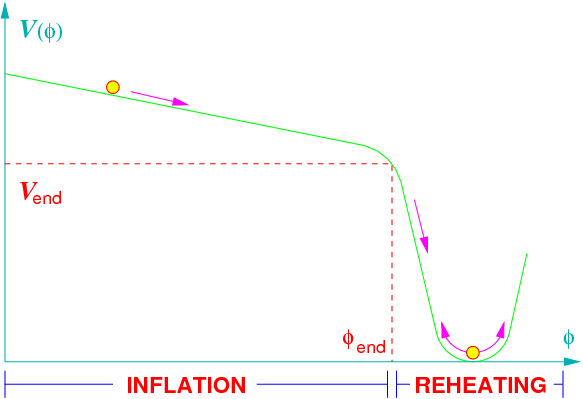Given that Cuvier was born in 1769, I find that a hard claim to accept.
Naturalists from the 1500s onwards suggested the earth was ancient. There was a particularly rich vein of Italian naturalists (Gasparo Contarini, Girolamo Fracastoro, Tiberio Russilano) who published their speculation. While they didn't give firm estimates, the idea of 'deep time' was already pervasive - millions of years, rather than thousands.
The idea that the world was only 6,000-10,000 years old really only gets legs under it in the later part of the 1500s. Martin Luther, John Calvin and other Protestants declared the earth to be no more than 6000 years old. Then the Catholic Church, looking for ways to push back against the 'heresies' of the Protestant Reformation and the early stages of the Enlightenment, shifted into its own phase of biblical literalism and sought to align the claims of naturalists with a strict chronological interpretation of the Bible.
Serious scientific attempts were made in England and France to actually date the earth starting the early 1700s.
Somewhere around 1715 (potentially earlier), Edmund Halley suggested a method for estimating the age of the earth (based on salination rates). Event the lowest end of the estimates would have produced an age in the millions of years. Halley never tested his hypothesis as he never had the data he wanted, but others did in the 1800s and got ages ranging from 25 million to over 100 million years.
Benoit de Maillet estimated in the mid 1720s that earth was around 2 billion years old (based on sea declination rates). But his estimate wasn't published until after his death in 1738, due to fear of what the Church would say/do. Even then, the estimate was published anonymously.
Georges-Louis Leclerc, the Comet de Buffon, estimated in 1741 that the earth was a little under 75,000 years old. He also delayed publishing his estimate (until 1778), partly because of fear of rejection from other naturalists and also from reprisals from the Church. It was only after he was made a count that he felt safe enough to publish. Even so, he eventually had to publish a retraction.
There was a cottage industry in the second half of the 1700s into the first quarter of the 1800s of trying to estimate the age of the earth through various methods. By the 1820s, it was pretty well established that the earth was millions of years old, if not 10s or 100s of millions of years.
Lyell's estimates of the age of the earth were a refinement of the work of earlier naturalists like Steno and de Saussure and geologists like Werner and Hutton, who proposed rock formation took place under what we would geological time scales. Hutton was probably most responsible (in the 1780s) for the development of what we understand today as 'deep time'




